Fall detection and fall prevention
Falls among the elderly are the biggest cause of rapidly deteriorating quality of life and the need for a place in a care setting. Preventing falls is, therefore one of elderly care's most important tasks. Sensio has fall alarms that both prevent falls and detect and warn before an accident occurs.
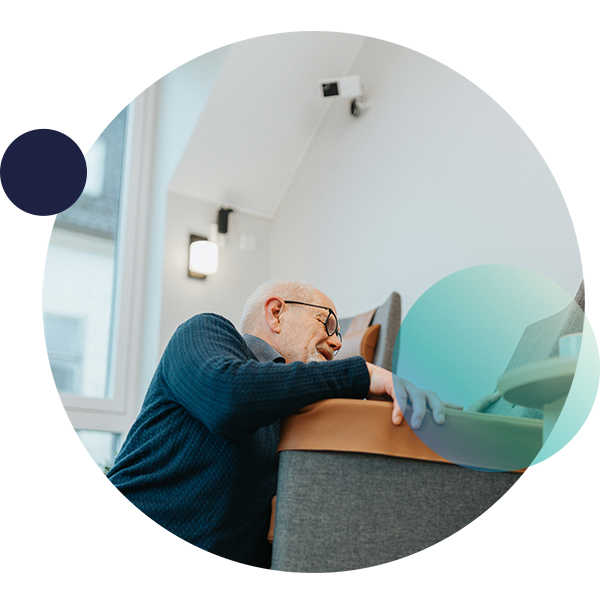
Stay at home longer
Falls often lead to admission to a care setting. Solutions that prevent falls therefore mean that the person can stay at home for longer - to the benefit of the person and the capacity of the elderly care facility.
Avoid injury and suffering
Falls are by far the biggest single cause of injury among the elderly, and in many cases the injuries caused by falls are serious. Avoiding falls is therefore very important for maintaining a good quality of life.
Better utilisation of resources
Follow-up and treatment of falls are often very resource-intensive, expensive and take time. By minimising the number of falls, it will ease the additional burden on an already restricted healthcare system.
Sensio offers solutions for fall prevention
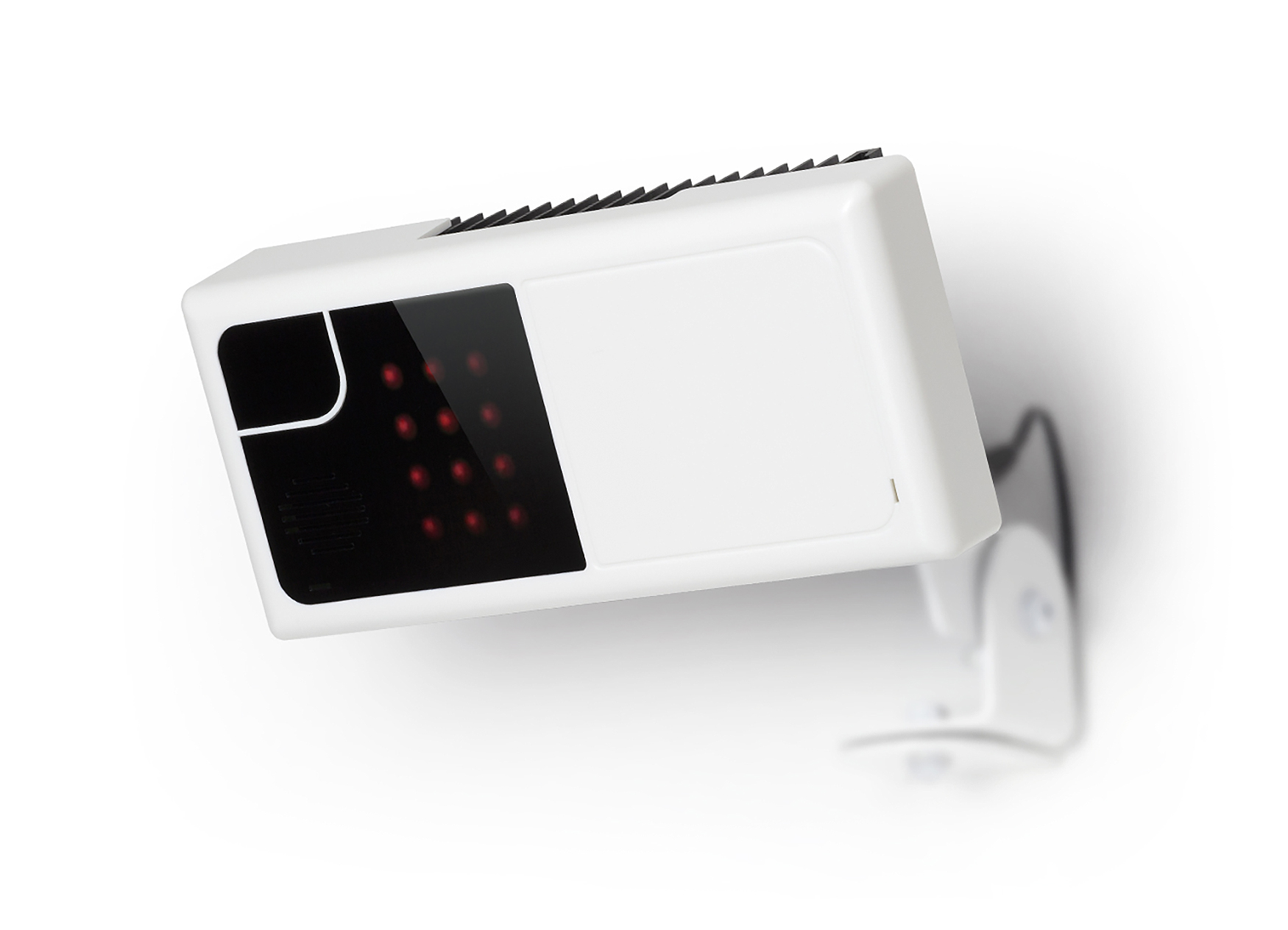
RoomMate
A revolutionary safety sensor that replaces a number of other sensors. RoomMate can be used, among other things, for digital monitoring, passive notification in potentially dangerous situations, fall prevention, silent nurse call system and as decision support for individual follow-up and treatment. Read more about RoomMate here.
What are sensors that can detect and prevent falls?
Different types of technologies can detect and prevent falls. Some, such as RoomMate and Buddy, are screwed onto the wall and create an anonymised image of the room, where advanced algorithms monitor dangerous situations that could lead to a fall, or if a person actually falls. If this happens, an alarm is sent to the care worker's mobile phone and monitor in the nurses' station. Other technology, such as Safemate mobile safety alarms, registers if the user falls, and automatic notifications can be sent to care workers or relatives.
Why is it important to prevent and detect falls?
Falls are the single most important cause of injury among the elderly, and many falls lead to serious consequences. It is often the start of a long-term course of illness, loss of functional ability, admission to an institution and, in the worst case, death. Every single fall we manage to prevent saves the person from great suffering. In addition, it creates more sustainable care for the elderly in the form of lower costs for society and freed up capacity for other patients and residents. If the accident is already out and a person falls, it is important that the injured person gets help quickly, so that the immediate suffering and the risk of delayed injuries are minimised.
How can you detect and prevent falls?
Today, unfortunately, many falls are discovered through random, physical inspections of residents' rooms in nursing homes, other care settings or in private homes. Modern welfare technology means that falls can not only be detected more quickly through digital solutions, but can also in many cases be prevented before they would have happened. Sensors that warn of potentially dangerous situations, such as when someone has sat up in bed, left the bed or started walking around, enable healthcare personnel to get to the resident quickly and prevent a fall from occurring.
Who can help detect and prevent falls?
Familiarise yourself with what solutions are available and how these can be used at the institution where you work. If you are a relative, you should make sure that your loved ones receive the best possible follow-up, whether they live at home or in a care setting. Ask for good welfare technology solutions that prevent falls and make the job of care workers easier.
At Sensio, you are in good hands - read what some of our customers say:
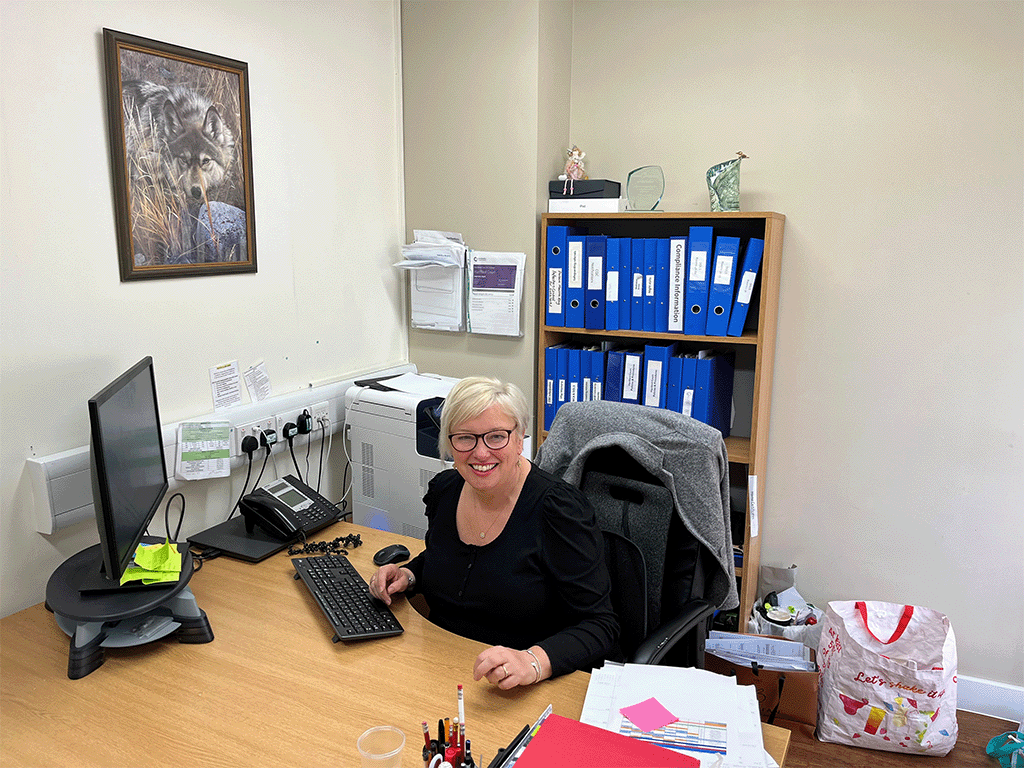
Hartford Care reduces falls with revolutionary safety sensor
Falls are one of the biggest challenges in elderly care. Hartford Care was the first care home in the UK to trial a pioneering technology to reduce falls. What are their experiences a couple of months after implementing the technology?
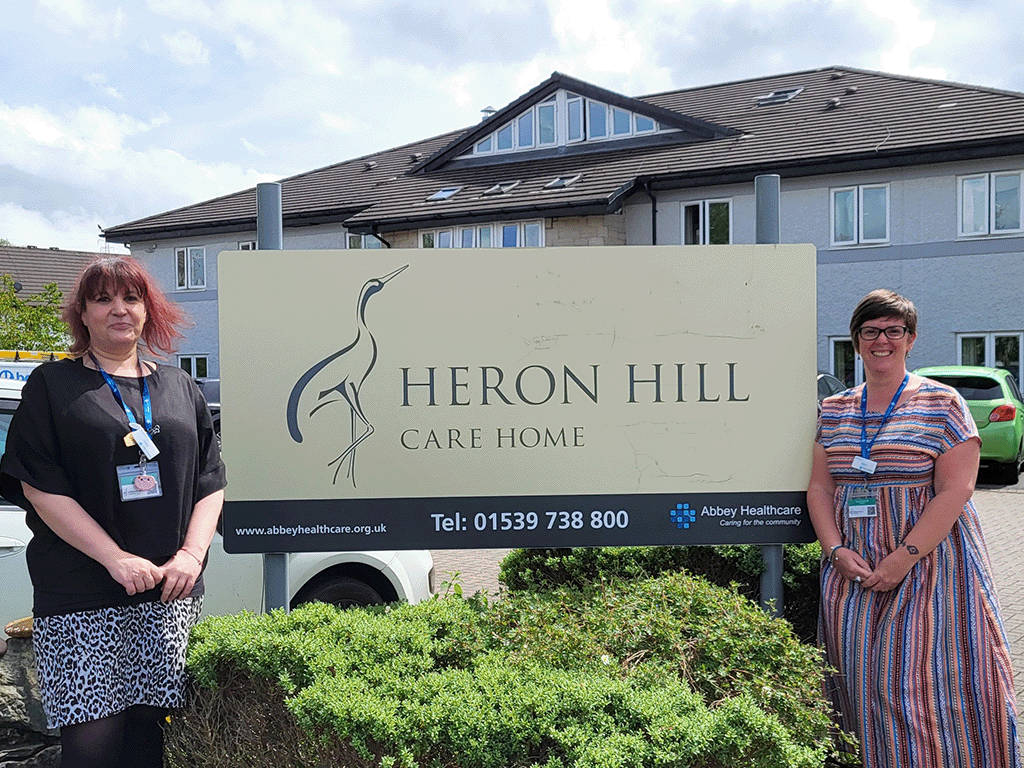
Herron Hill steps into the future with digital supervision
Falls are one of the biggest challenges in elderly care in the UK, and Herron Hill has taken a step to help falls prevention in the institutional care facility. How has the first couple of months been?
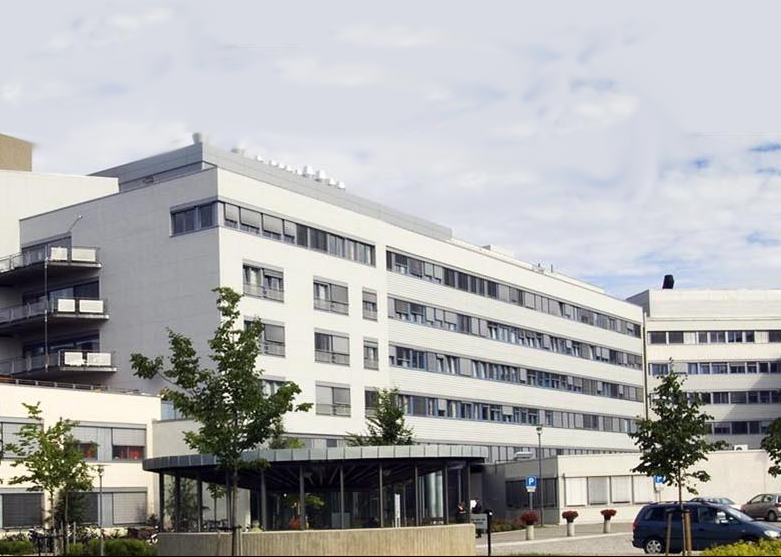
Levanger Hospital's stroke and geriatrics department eliminated falls with RoomMate digital supervision
With RoomMate, the night guards who work alone experience less stress, and the employees have an increased focus on fall prevention. This has resulted in not a single fall occurring in the department in the last three months.
